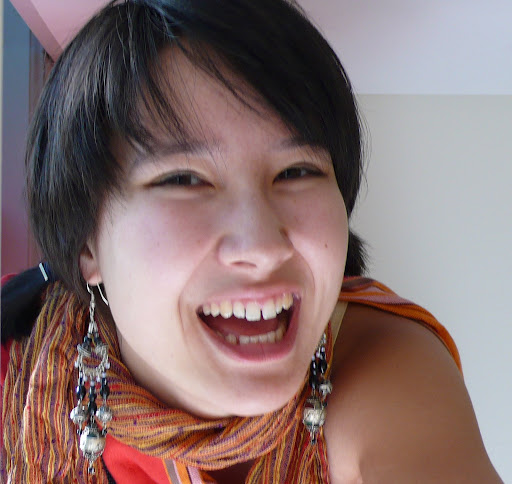overall
The San are the oldest people on the planet.
Observing a sun-baked, wrinkled and wizened San elder, you might believe them to be literally the oldest person on the planet – hands like twisted clubs on the end of twig-like wrists, eyes so deeply buried in leathery wrinkles that all you see is a tiny gleam of amusement, peeping out over a toothless tobacco-stained grin. However, though these individuals are indeed very old, it is their lineage and culture which is oldest of all.
You may be familiar with the film “The Gods Must Be Crazy,” in which a tribe of Ju/'hoansi hunter gatherers – before “first contact” with modern people – have their lives turned upside down by a Coca-Cola bottle dropped carelessly into their village by a passing air plane. Around here, everyone knows of the film, largely because the “stars” of the film are their uncles, aunts, in-laws and cousins. They are bemused that their friends got to be movie stars, and irritated by how the film misrepresented their people. Though the San are some of the world's last indigenous people to leave their traditional lifestyle, it has been many decades since a Coke bottle would have inspired any kind of surprise.
I mention “The Gods Must be Crazy” to illustrate the myth of the primitive Noble Savage that still surrounds the San, as well as other indigenous peoples around the world. Yes, a century ago there were still San living in the bush, hunting and gathering. Now, there is not a single San person who survives from hunting and gathering, and there is not a single San person who would turn down an ice-cold Coke. What remains is the memory of that way of life. For the elders, it is a first-hand memory – some of them grew up with that ancient lifestyle. For others, it is a deeply-rooted yearning. I thought, upon arriving in the dusty outpost of D'Kar, that although people mourned their lost way of life, they would now want the conveniences of modernity. Wrong! Most of the people I ask, when given the rhetorical choice between a nice house in the city and life in the bush, choose the bush. Many elders complain that going to school gets in the way of teaching their children traditional knowledge, and merely fills their heads with irrelevant nonsense in Setswana and English.
Confronted with that point of view, I found myself wondering, “Why did we leave the bush? Why should these kids be forced to go to school?” Of course a thousand answers come to mind, but it's questions like these which have made my experience in D'Kar so valuable. In a way, it seems that everything here is pared down to its essentials, taken back to first principles. Many people have no houses, yet some of them flatly refuse the efforts of the Komku Trust to build a house for them. A house is a complication they do not feel they need. Again, I question what I'd never questioned before: “Why do we want houses? Do we really need them?”
Rather than experience a gradual change over thousands of years, the San are being asked to transition immediately, from a hunter-gatherer life to modern Botswana. Reasonably, they are asking “why,” and in listening to their questions I find myself re-examining my own life and the entire development of modern civilization. I realize that this sounds ridiculous, but we accept that living in another culture causes us to question our own culture; living with the San brings up those same questions as well as more fundamental ones about all sedentary/agriculture-based cultures.
At times it seems that the two missions of the Kuru Family of Organizations (of which the Komku Trust is a member) contradict each other: (1) Preserve the cultural heritage and way of life of the San, and (2) Bring them into modern Botswanan life as equals. Both of these tasks are difficult, and neither have simple solutions. However, the joy found in an elder teaching a child about traditional medicines, or a community member touching a computer for the first time, make it well worth the effort. It is these joys, and the unique challenges of working with indigenous people, that have kept me here and indeed convinced me to stay beyond my Princeton in Africa fellowship for another year.




0 Comments:
Post a Comment
Subscribe to Post Comments [Atom]
<< Home